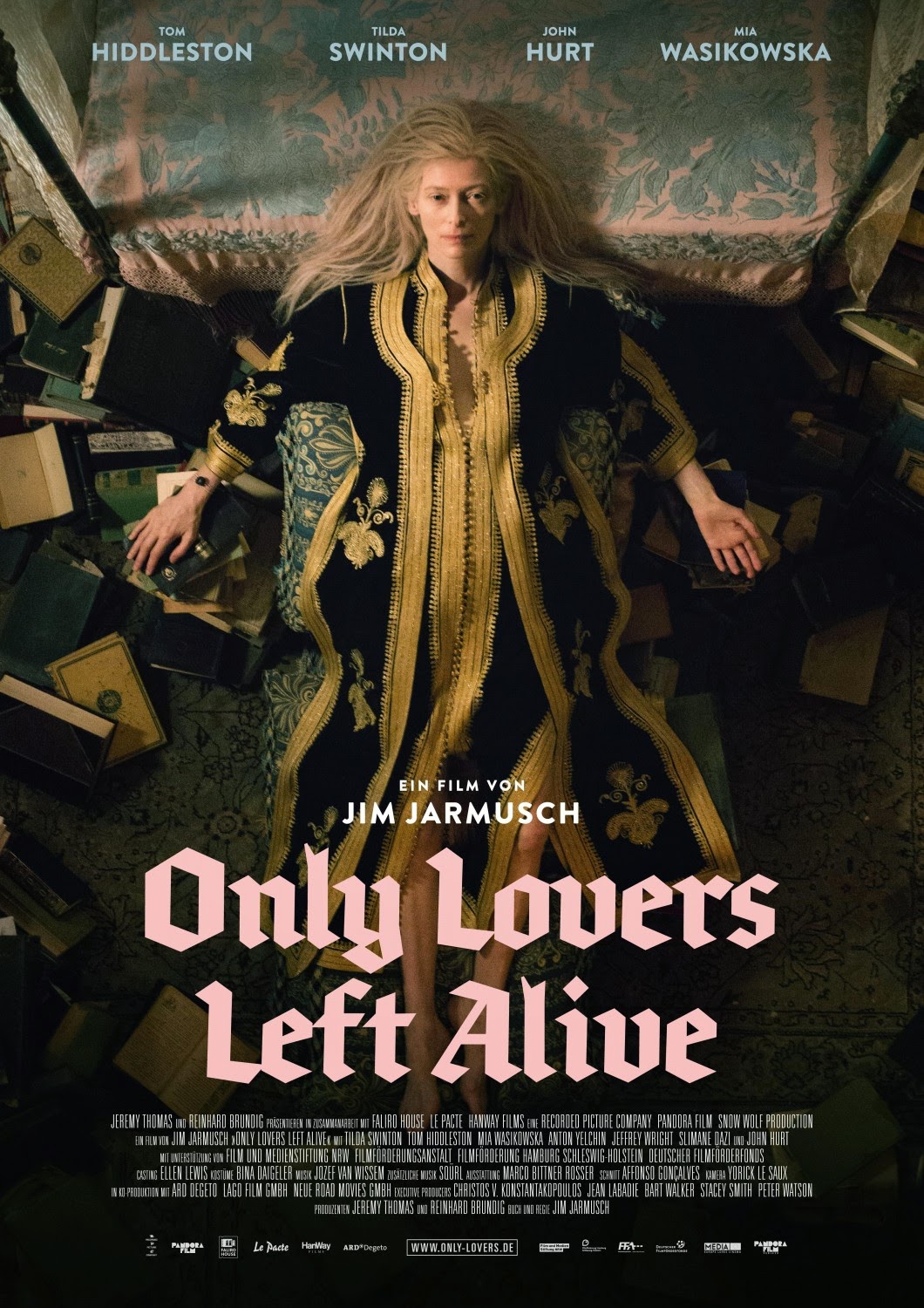☆ ☆ ☆ ☆
And
Everything is Going Fine (2010) – S. Soderbergh
You have to really like Spalding Gray
(and to have seen some of his previous monologues) to appreciate Soderbergh’s
masterly knitting together of excerpts from an array of Gray’s public
appearances (monologues and otherwise).
And I do. Watching this film was
like revisiting a long lost but fondly remembered friend. And he is telling all of his old stories and
some new ones. In fact, I was surprised
at all the things that happened to Spalding Gray since I last checked in with
him. Despite having a family (and
opening himself up to some dad humor), things took a turn for the sombre after
a rough automobile accident in Ireland in 2001 and culminated in Gray’s
(presumed) suicide in 2004 (from the Staten Island ferry). He talks about death a lot over the years –
or perhaps Soderbergh and his editor Susan Littenberg purposely chose death
obsessed clips. Nevertheless (and as
always), the thing about Gray’s monologues is that they are so life affirming
(and funny and neurotic and naked).
Listening to him talk about his life makes you want to pay more
attention to your own – after all, we’ve all got plenty of fodder for monologues. But, honestly, Gray created a poetic art-form
that we are fortunate he shared with us even if the constant sharing itself (along
with underlying mental illness) seems to have encouraged a desire for (what he
may have sadly perceived to be) the perfect narrative closure.






